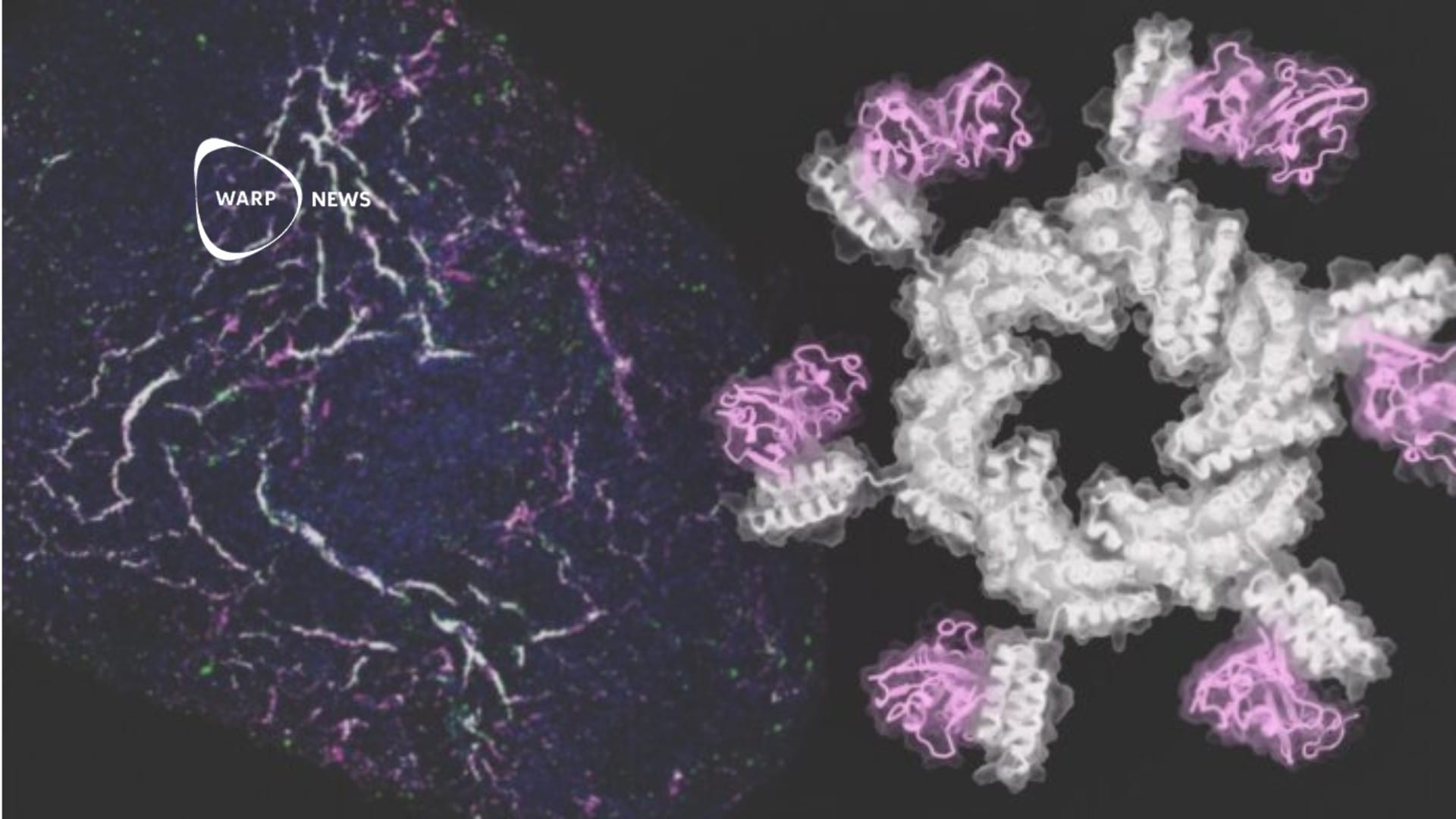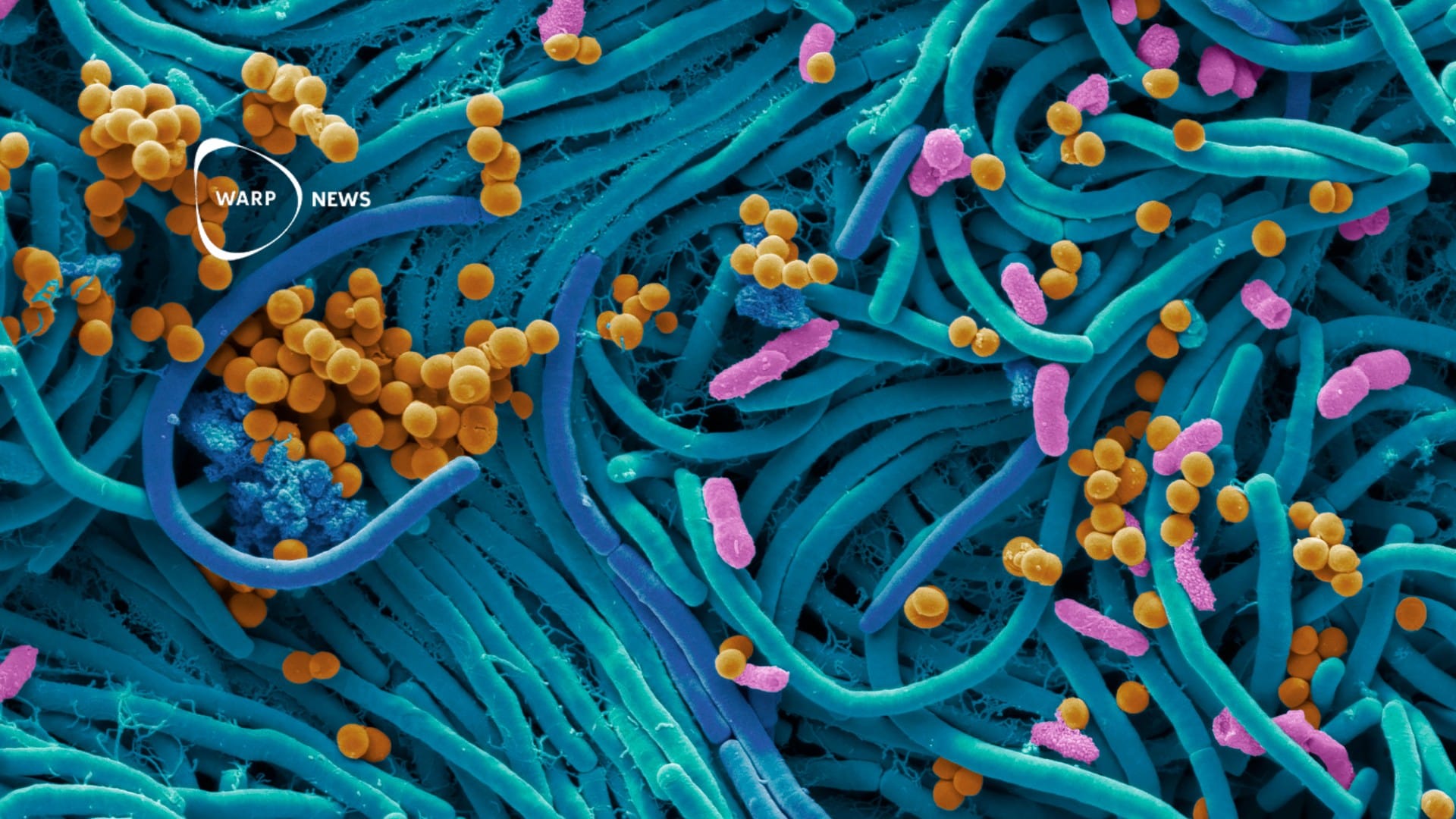
💁♀️ Toxic substances are cleaned from the brain as we sleep
A combination of lower brain activity and decreased blood flow during deep sleep creates an increased flow of spinal cord fluid in the brain - it helps clear away toxic substances.
Share this story!
A surprising discovery in mice in 2013 has now also been observed in humans - the spinal cord fluid clears the brain of toxic substances when we sleep. It provides further evidence of how important sleep really is.
Our brain is surrounded by cerebrospinal fluid . The fluid fills the voids that exist between the winds of the brain, the so-called ventricles. When we are awake and active, slag products are formed in the brain. Our body has a super-smart trick - when the brain shuts down, the flow of the fluid increases, and can thus clear out toxic slag products.
A team from Boston University has let subjects sleep in a magnetic camera (MRI) to study the brain's altered oxygenation during deep sleep. At the same time, the subjects had electrodes on their heads to show the activity level of the neurons.
It turns out that the neurons shut down in a synchronized way in true connection with the sleep going into a deep phase. As a result, the oxygen demand in the brain decreases, and the blood flow decreases. This, in turn, creates an increased flow of cerebrospinal fluid to and from the brain. In connection with the removal of dangerous slag products.
Inadequate purification of the slag products - through, for example, insufficient sleep - may be an explanation for the deterioration of brain function. With poor sleep several nights in a row, the system may have difficulty restoring equilibrium in the system (homeostasis).
Maiken Nedergaard, who made the discovery with mice in 2013, is very enthusiastic: "No one in his wildest imagination could have believed that the electrical activity in the brain could affect the flow of fluid."
Laura Lewis, and the team that led the study on humans have themselves had to sacrifice many nights' sleep to collect data. The team hopes that their results can open new avenues to better understand Alzheimer's disease .
The call "Sleep well!" suddenly has a new meaning.
Let the future come faster.
By becoming a premium supporter, you help in the creation and sharing of fact-based optimistic news all over the world.


